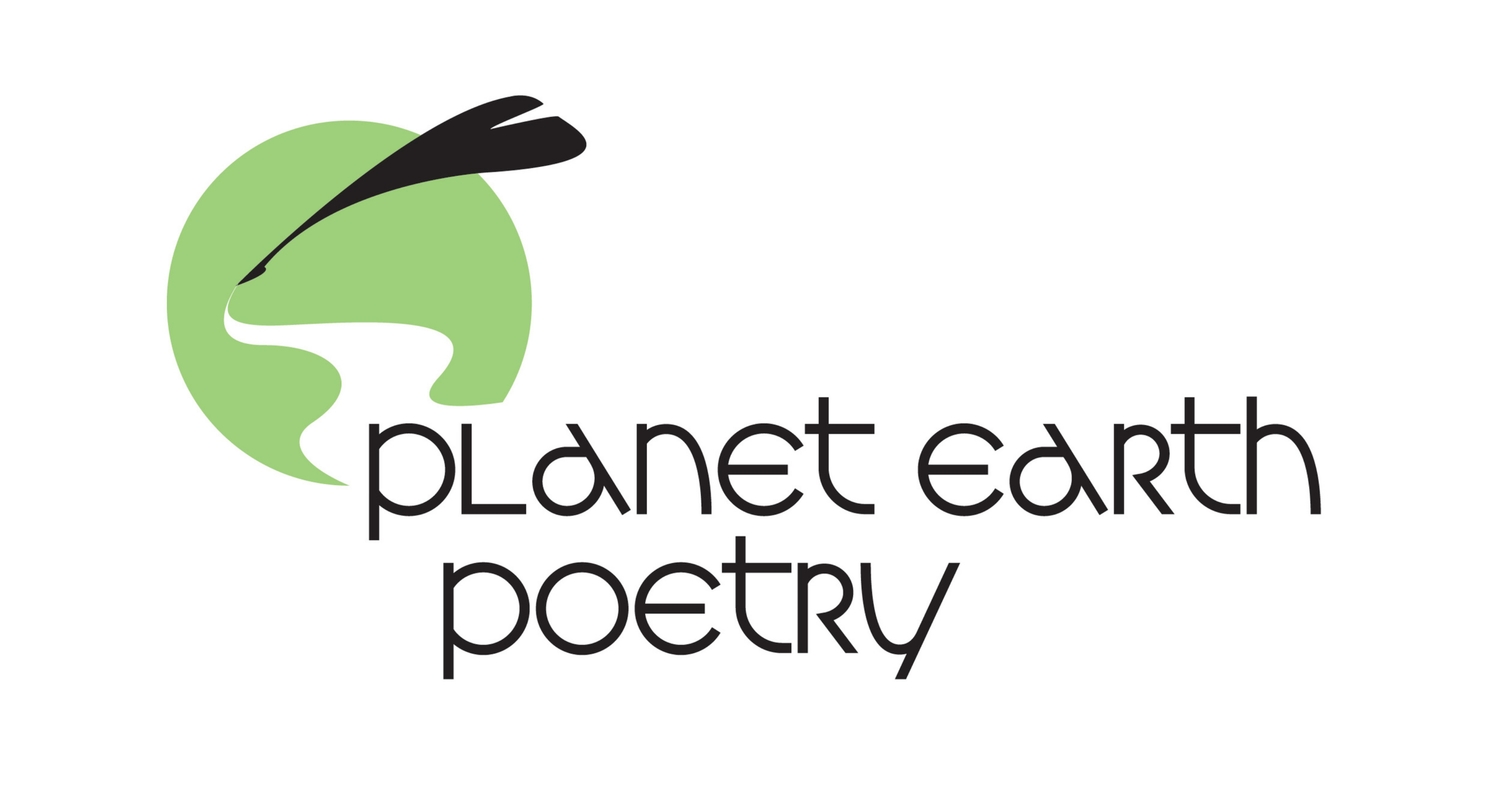REVIEWER: Wendy Donawa is grateful to live on the unceded territory of the Songhees and Esquimalt peoples, and to see the Salish Sea and the Sooke Hills from the window over her desk. Our Bodies’ Unanswered Questions is her second collection.
Poet Wendy Donawa
unpacking the poem:
Regional reviewers focus on regional poems
Reviewer Wendy Donawa unpacks a different poem every month. She examines the poem in a way she hopes is helpful for readers and other poets to understand how craft works in a particular poem, for a particular effect.
march 2023: dan macisaac
Spirit Bear
Ursus americanus kermodei
At the river’s black mouth,
the white bear waits
for the swimmer.
He crashes into shallows,
seizing the quick fish,
glisten of silver
along cinder lips.
A cedar twig
cracks.
He lunges
for the far shore
murky with hemlock.
He vanishes—
froth spattered
on dark rock.
Garbage Bear
Quarter-ton vermin
toppling steel bins,
brash and ruinously loud
as a steel band,
bursting into a bruin buffet
of stale-dated Spam,
spattered anti-freeze,
and gouts of chain oil.
Putrid smorgasbord,
spoils not fit for a goat,
bolted down. It knows
want, close cousin
to the foul horn of plenty.
Poet Dan MacIsaac
Dan MacIsaac writes from Metchosin. In 2022, his chapbook, Jazz Sessions, was part of The Alfred Gustav Press’s Series Twenty-eight. Brick Books published his 2017 collection, Cries from the Ark. Dan’s poetry has appeared in numerous anthologies and journals including Prairie Fire, Event, and Canadian Literature.
Unpacking “Spirit Bear” and “Garbage Bear”
Here are two of Dan MacIsaac’s “bear” poems from his Cries from the Ark, a debut poetry collection that has been called “catalogue and cartography of our common mortal—and moral—lot.”
Each of these apparently simple poems arrives through the senses. Sight, sound, smell, texture, and motion evoke, in the first poem, the rich rhythms of life governed by nature, and in the second, the impoverishment of natural creatures amid the rubbish of human “civilization.”
The spirit bear (a white bear sacred to many of the BC coast’s Indigenous communities, and actually a sub-species of Black American Bear), is both “spirit” and primal energy as he “crashes” and “lunges.” All the verbs here describe what is swift and vital, “seizing even the quick fish,” a “glisten of silver/along cinder lips,” lips that echo “the river’s black mouth.”
Merciless but essential in the awe-inspiring cycle of life, there is majesty in his violence, no waste in his constant foraging. And at the poem’s close, like the spirit he is named for, “he vanishes” into the river that begins and ends the poem.
The garbage bear, however, is evidence of the damage done when humans disrupt intricate food chains that have balanced the natural order. The life-giving vitality of forest and river are replaced by a “putrid smorgasbord” of “stale-dated Spam spattered antifreeze,/and gouts of chain oil.” Instead of the dignity and splendour of the spirit bear, the garbage bear is reduced to “quarter-ton vermin,” drawn to a “foul horn of plenty.” Garbage dumps, putrid and poisonous, have displaced and replaced natural food sources. The garbage bear “knows want”; the spirit bear does not.
Through imagery and cadence, a comparison of the two poems offers a damning indictment, not of the bears, but of the squalid and impoverished state that human carelessness and greed have imposed upon them.




